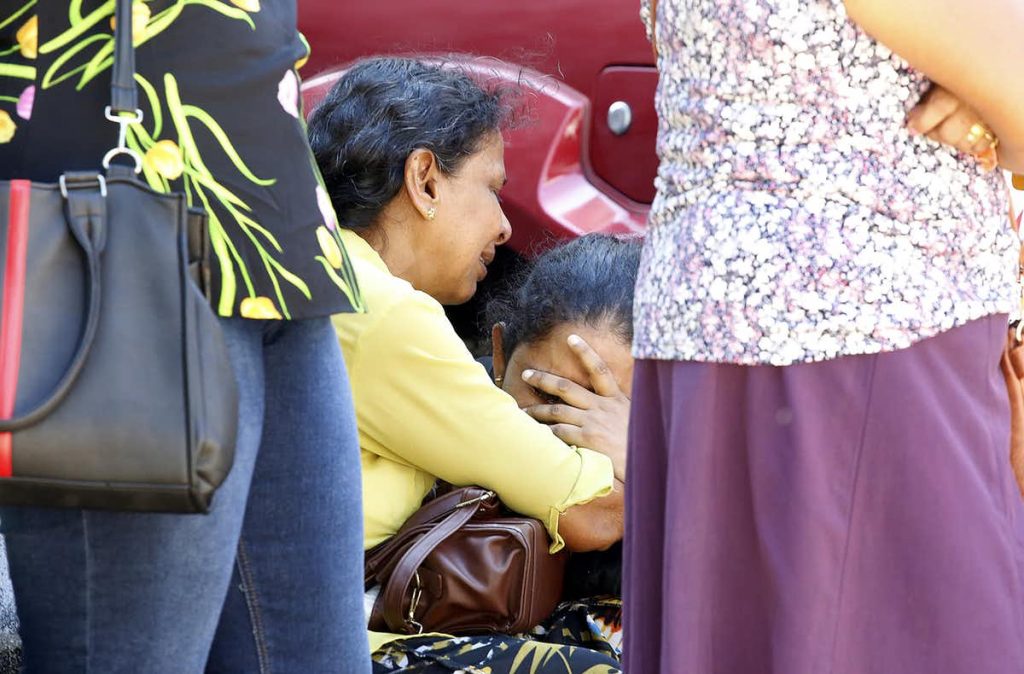Recently, the Sri Lankan government ordered then ban of social media and messaging apps in order to prevent the spread of misinformation with regards to the Easter Sunday bombings. On April 30, the ban was announced lifted by the country’s communication regulators.
This isn’t a first for Sri Lanka. Back in 2018, the government also announced a social media ban, citing the discovery of posts promoting violence towards Muslim communities as the reason. This is in the midst of a clash between the latter and the Buddhist communities at the time.
A Dilemma
Information possesses tremendous power. In order to have this power, information need not be true. So while information can be used to promote peace and reconciliation, we are well aware that information can also be used to promote harm and violence.
With this, we find ourselves in a standstill. Should we allow the liberation of social media, at the risk of possibly allowing the proliferation of false news; or should we allow social media bans, at the expense of cutting the efficient lines of communication of the people?

Digging Deeper
The answer lies by digging deeper than what is seen on the surface. Misinformation is proliferating because of the abundance of the misinformed and the ways we can now easily share information over the Internet. Equivalently, this proliferation can be attributed to the scarcity of the informed; Either way we look at it, communication is the solution.
From our partners:
Through communication, we can rectify misconceptions. At the same time, this increases the ranks of the people who can cut the cycle of misinformation. By allowing social media bans, we are blocking off the platform which empowers the people to be informed.
Digging even further, some misinformation or fake news is done deliberately to promote one’s agenda. This type of misinformation attempts to wreak havoc and to sow confusion. This is what we have exactly seen in the Sri Lankan attacks.
In this case, what needs to be cut off are not the avenues of communication the people possess, but the disunities entrenched in society. Social media bans are merely stopgap solutions to deeply rooted problems. Communication can be used to forge unities which could, in turn, dismantle the power misinformation holds.
Empowering Links
Now more than ever, our world is connected, thanks to technological developments like social media. We should make use of these connections laid down to make the people informed enough to not be swayed by deceitful information and to be united enough not to willfully propagate discord.














